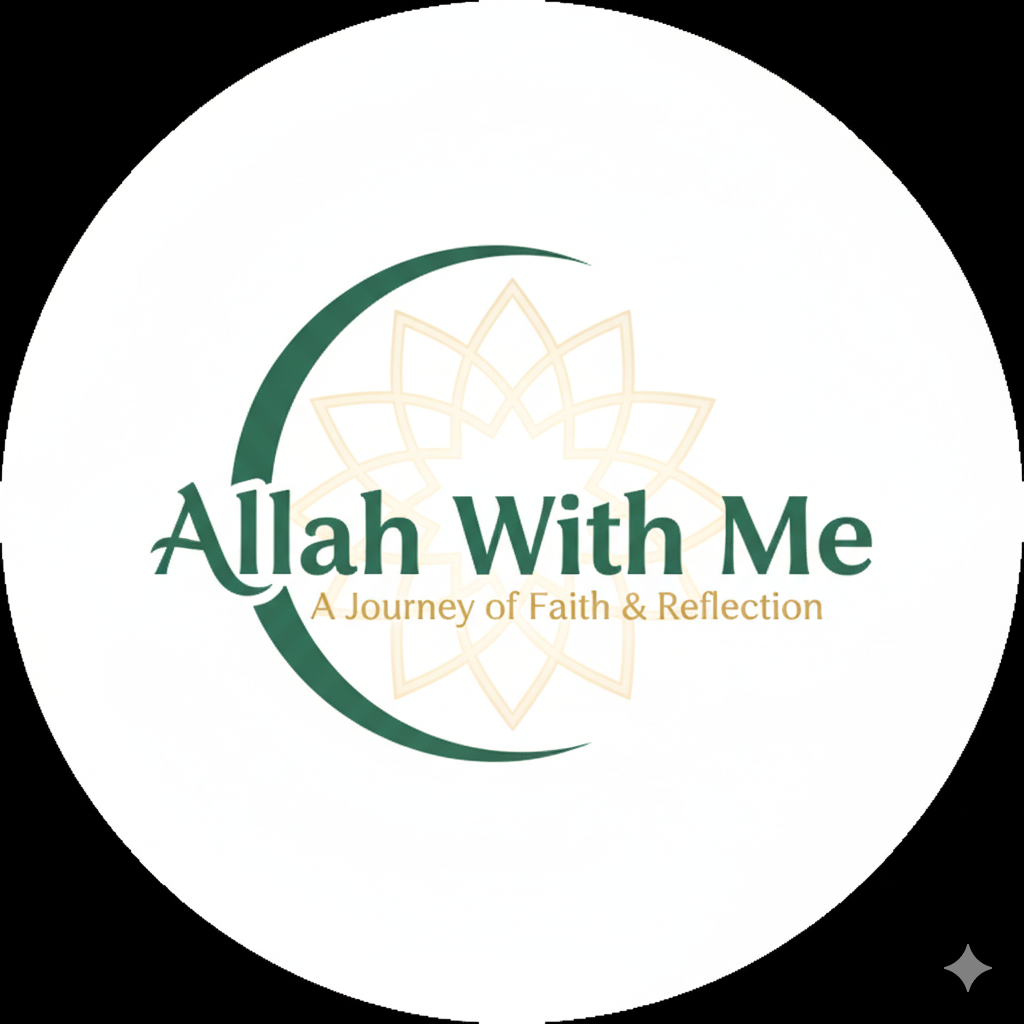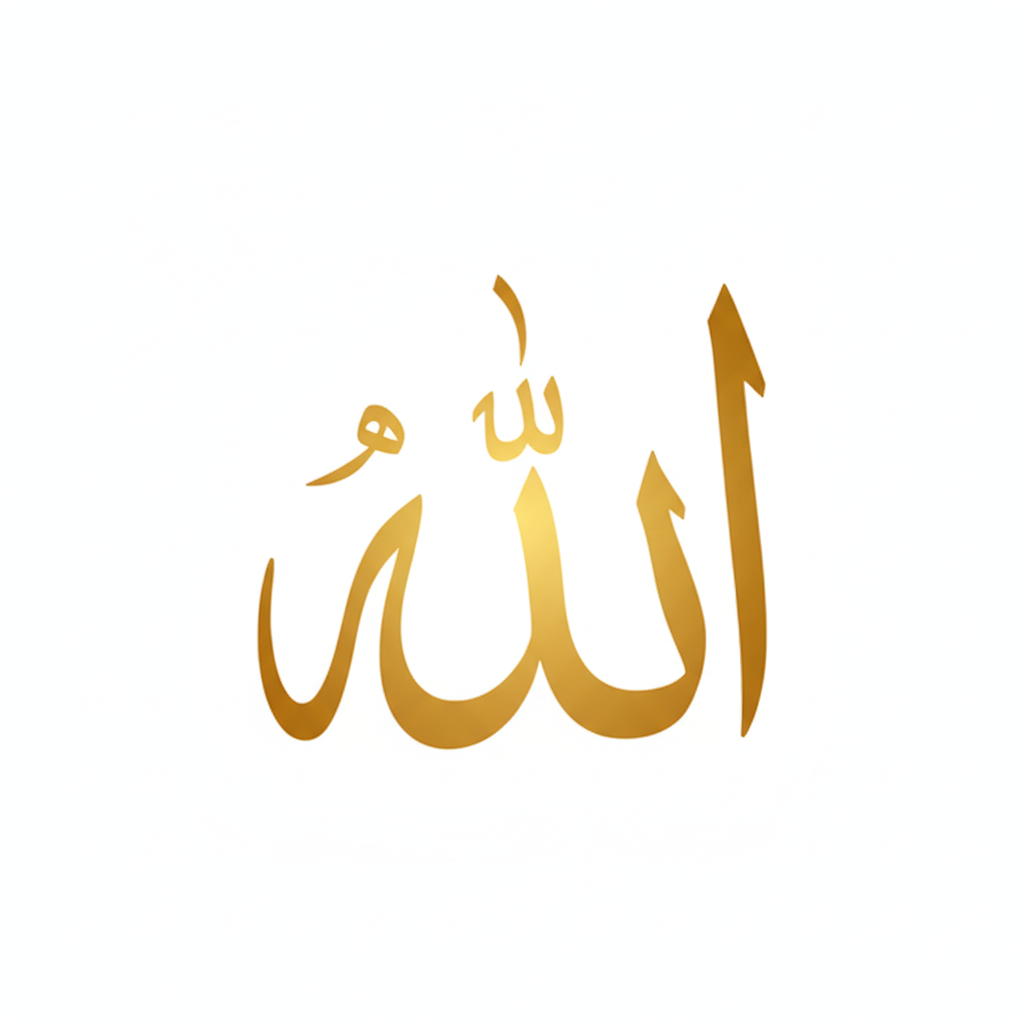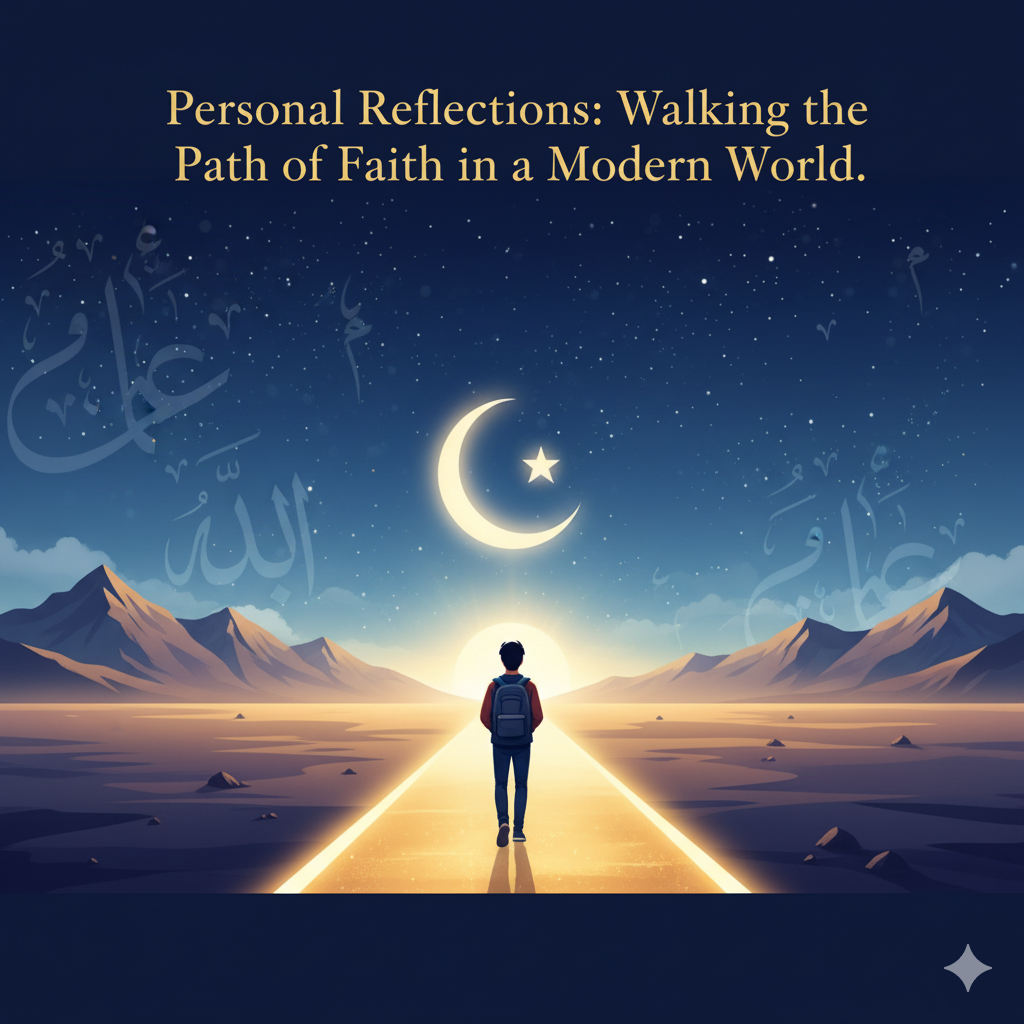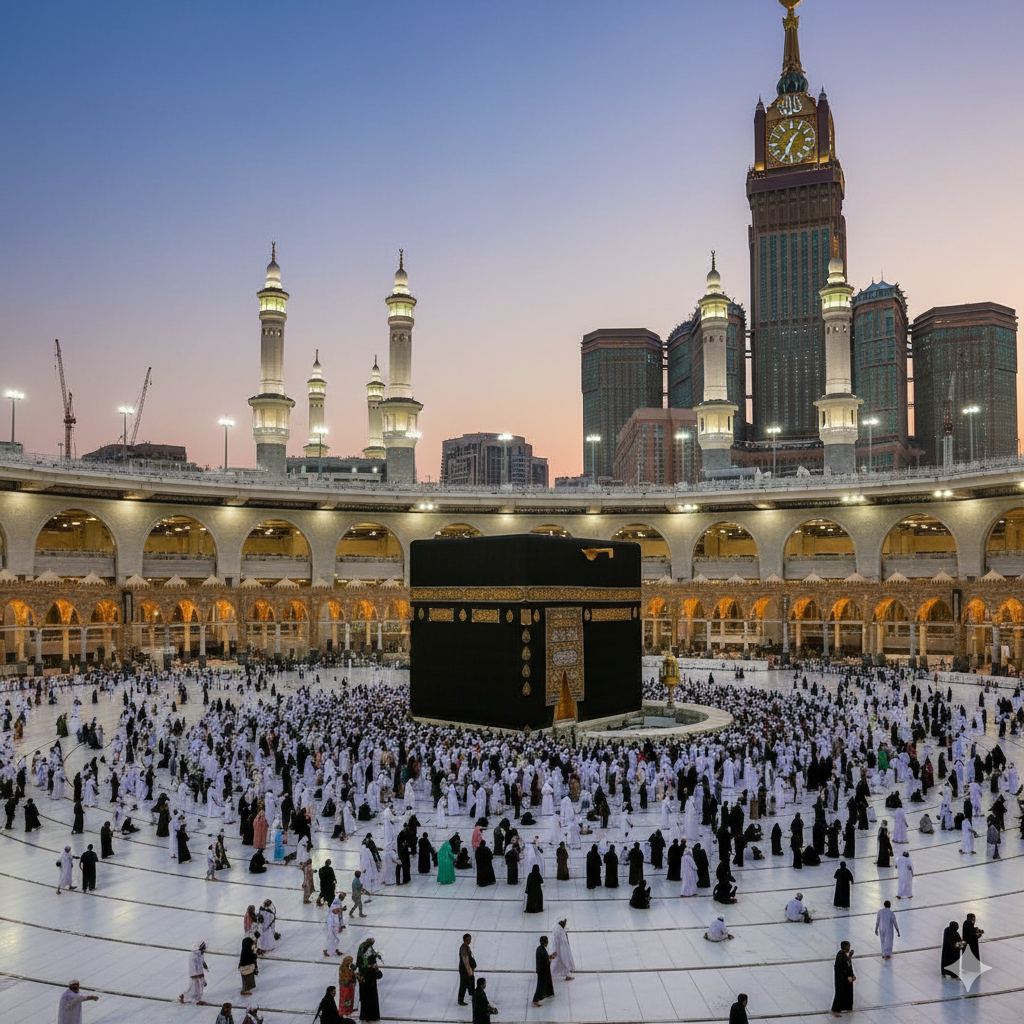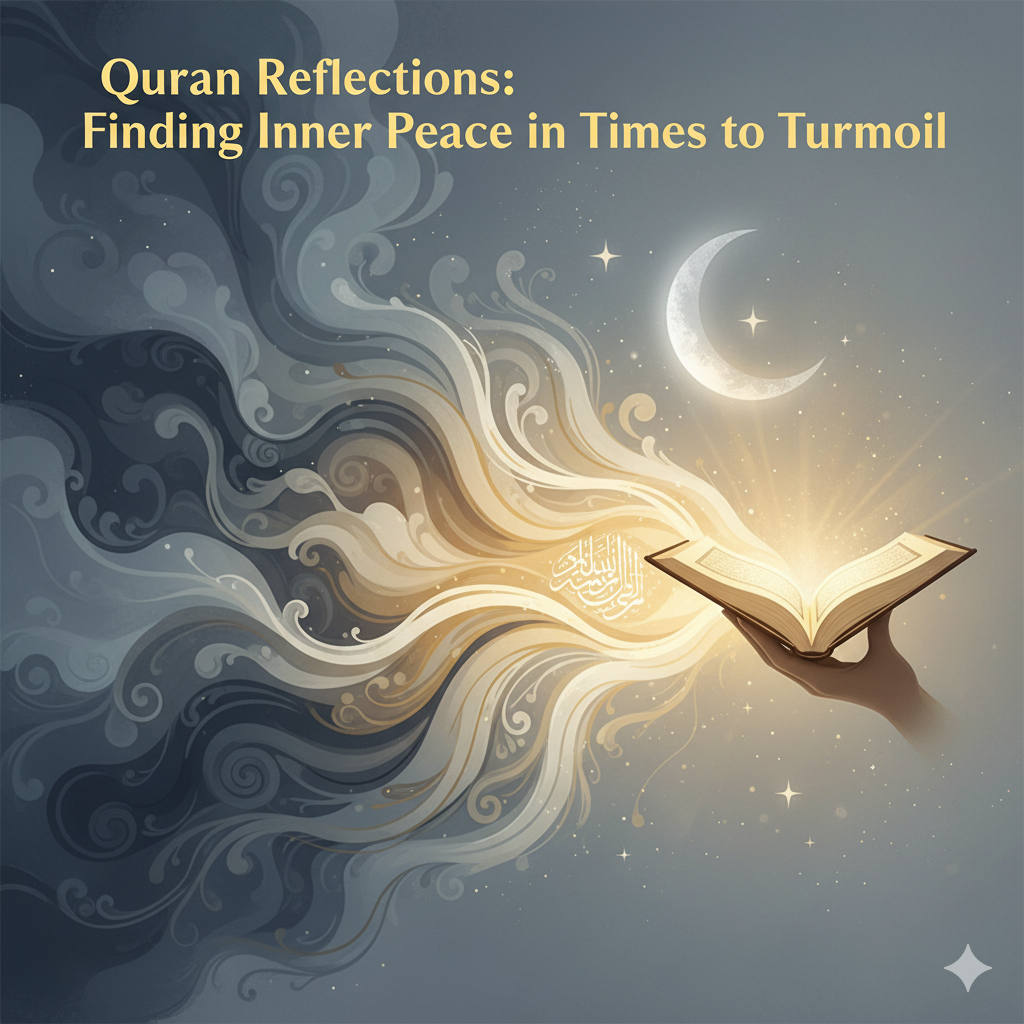Table of contents [Show]
- The Beginning of a Journey: Discovering Faith
- Wrestling with Doubt and Distraction
- The Role of Trials in Shaping Reflection
- Gratitude in the Everyday
- Small Acts, Big Impact
- The Mirror of Relationships
- Silence and Solitude: The Forgotten Tools
- Journaling Reflections: Writing for the Soul
- Lessons from Nature
- Returning After Mistakes
- Building a Life of Meaning
- Practical Ways to Start Reflecting Today
- Conclusion
The Beginning of a Journey: Discovering Faith
For many, faith begins with small sparks. A question asked in childhood, a moment of awe at the night sky, or the whisper of a dua made in desperation.
“We will show them Our signs in the horizons and within themselves until it becomes clear to them that it is the truth.” (Qur’an 41:53)
I still remember the first time I truly felt the Qur’an speak to me. It was a verse about patience during trials, revealed more than 1,400 years ago, yet it felt like it was written for me that very day.
Faith often starts like this—personal, intimate, almost secret. But once it awakens, it begins to shape the way we see the world.
Wrestling with Doubt and Distraction
No journey of faith is without struggle. Doubt is natural. The mind asks questions: Why am I here? Why do people suffer? Does Allah hear me when I call?
The modern world adds more distractions—social media feeds, endless comparisons, and the chase for material success. At times, these drown out the whisper of the soul.
But Islam teaches us that doubt can be a doorway, not a dead end. By seeking knowledge, asking questions with sincerity, and surrounding ourselves with righteous company, doubts become opportunities for deeper faith.
The Prophet ﷺ said: “The cure for ignorance is to ask.” (Abu Dawood)
The Role of Trials in Shaping Reflection
Looking back at my own life, some of the deepest reflections came during hardship. Illness, loss, financial stress, or even loneliness—these experiences strip away illusions and remind us of our dependence on Allah.
“Do the people think that they will be left to say, ‘We believe’ and they will not be tested?” (Qur’an 29:2)
Through trials, the heart learns humility. We realize that strength is not in our control but in surrender.
A personal reflection I carry is from a period of great difficulty. Everything seemed uncertain, but when I turned to Allah with sincerity, I found clarity. That season of pain became a season of growth.
Gratitude in the Everyday
Reflection isn’t only for times of hardship. Gratitude in moments of ease is equally important. Too often, blessings pass unnoticed: the ability to breathe easily, a warm meal, the smile of a loved one.
I once kept a small notebook where I wrote three things each day that I was grateful for. Soon, I realized that gratitude transformed not just my mood but my perspective on life.
The Qur’an says: “If you are grateful, I will surely increase you [in favor].” (Qur’an 14:7)
Gratitude anchors us, reminding us that everything we enjoy is a gift and an opportunity to draw closer to the Giver.
Small Acts, Big Impact
Personal reflections also show us that growth in faith doesn’t always come from monumental changes. Sometimes it’s the quiet, consistent actions:
Waking up for Fajr even when tired.
Choosing to forgive when angry.
Reading just one ayah of Qur’an with sincerity.
Smiling at a stranger.
These small acts ripple through the heart. They remind us that Allah values intention more than grandeur.
The Prophet ﷺ said: “The most beloved deeds to Allah are those that are consistent, even if small.” (Bukhari, Muslim)
The Mirror of Relationships
Our relationships often act as mirrors for our faith. Parents, children, friends, and even strangers reflect how well we embody the teachings of Islam.
Through reflection, I realized that how I treated others was often a reflection of how close I was to Allah. When my worship was sincere, I found more patience with people. When my prayers were rushed, irritability crept into my interactions.
The Prophet ﷺ taught: “The best of you are those who are best to their families.” (Tirmidhi)
Faith isn’t confined to the masjid—it breathes in the way we speak, listen, and show kindness daily.
Silence and Solitude: The Forgotten Tools
In a world that glorifies noise, silence is a teacher. I discovered that sitting quietly with my thoughts—away from screens and conversations—often brought the deepest clarity.
In solitude, I could truly speak to Allah without distraction. Duas poured out more sincerely. Reflection became sharper.
The Prophet ﷺ would retreat to the cave of Hira for solitude before prophethood, showing us the value of quiet spaces for spiritual awakening.
Journaling Reflections: Writing for the Soul
One habit that transformed my journey was journaling. Writing down reflections after reading Qur’an or experiencing a trial helped me see patterns in my growth.
It’s not about eloquence—it’s about honesty. The page becomes a mirror, showing where the heart struggles and where it thrives. Over time, it becomes a map of the soul’s journey back to Allah.
Lessons from Nature
Personal reflections are also drawn from nature. Watching rain fall, seeing trees sway, or observing the cycle of sunrise and sunset—all these are signs.
“And of His signs is the creation of the heavens and the earth, and the diversity of your languages and your colors. Indeed, in that are signs for those of knowledge.” (Qur’an 30:22)
Once, while walking under a star-filled sky, I felt a deep sense of smallness and connection. It reminded me that the same Allah who holds the galaxies in place is the One who listens when I whisper Ya Rabb.
Returning After Mistakes
Another personal reflection is that failure is not the end. Sin weighs heavily on the heart, but it can also lead to sincere repentance.
The Prophet ﷺ said: “Every son of Adam sins, and the best of those who sin are those who repent.” (Tirmidhi)
Mistakes become turning points when they drive us back to Allah. Reflection teaches us that Allah’s mercy is always greater than our shortcomings.
Building a Life of Meaning
Ultimately, personal reflections should lead us to live with purpose. This world is temporary; the Hereafter is eternal.
I ask myself often: Am I building a life that pleases Allah? Am I preparing for the day when I stand before Him?
Faith is not about perfection—it’s about striving. Every step, even small, counts when it’s toward Allah.
Practical Ways to Start Reflecting Today
Daily Qur’an Journal – Write one ayah that touched your heart and why.
Gratitude Habit – End the day with three blessings you noticed.
Silent Moments – Take five minutes daily to disconnect and just breathe with dhikr.
Weekly Check-In – Reflect on how your actions aligned with your faith.
Service Acts – Help someone quietly, as a reminder that faith is action.
Conclusion
Personal reflections are like lanterns on the path of faith. They illuminate where we’ve been, where we are, and where we hope to go. By looking inward with sincerity and outward with awareness, we strengthen our relationship with Allah.
Our reflections are not perfect, but they are real. They remind us that the journey of faith is ongoing—a path of stumbling, learning, rising, and walking again.
May Allah bless us with hearts that reflect sincerely, eyes that see His signs, and lives that echo His guidance.
 English
English
